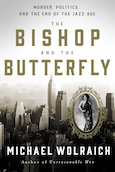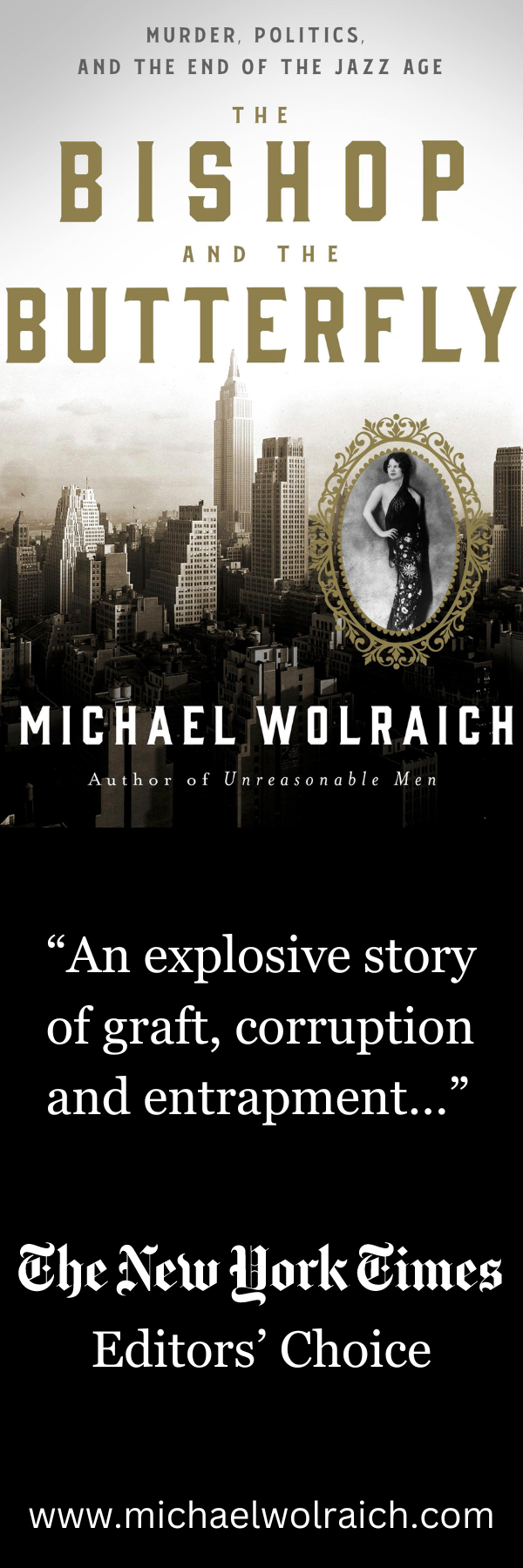For the college-educated elite, work has morphed into a religious identity—promising identity, transcendence, and community, but failing to deliver.
By Derek Thompson @ TheAtlantic.com, Feb. 24
[....] Keynes predicted a 15-hour workweek in the 21st century, creating the equivalent of a five-day weekend. “For the first time since his creation man will be faced with his real, his permanent problem,” Keynes wrote, “how to occupy the leisure.” This became a popular view. In a 1957 article in The New York Times, the writer Erik Barnouw predicted that, as work became easier, our identity would be defined by our hobbies, or our family life. “The increasingly automatic nature of many jobs, coupled with the shortening work week [leads] an increasing number of workers to look not to work but to leisure for satisfaction, meaning, expression,” he wrote.
[....] The economists of the early 20th century did not foresee that work might evolve from a means of material production to a means of identity production. They failed to anticipate that, for the poor and middle class, work would remain a necessity; but for the college-educated elite, it would morph into a kind of religion, promising identity, transcendence, and community. Call it workism.
1. THE GOSPEL OF WORK
The decline of traditional faith in America has coincided with an explosion of new atheisms. Some people worship beauty, some worship political identities, and others worship their children. But everybody worships something. And workism is among the most potent of the new religions competing for congregants [....]


